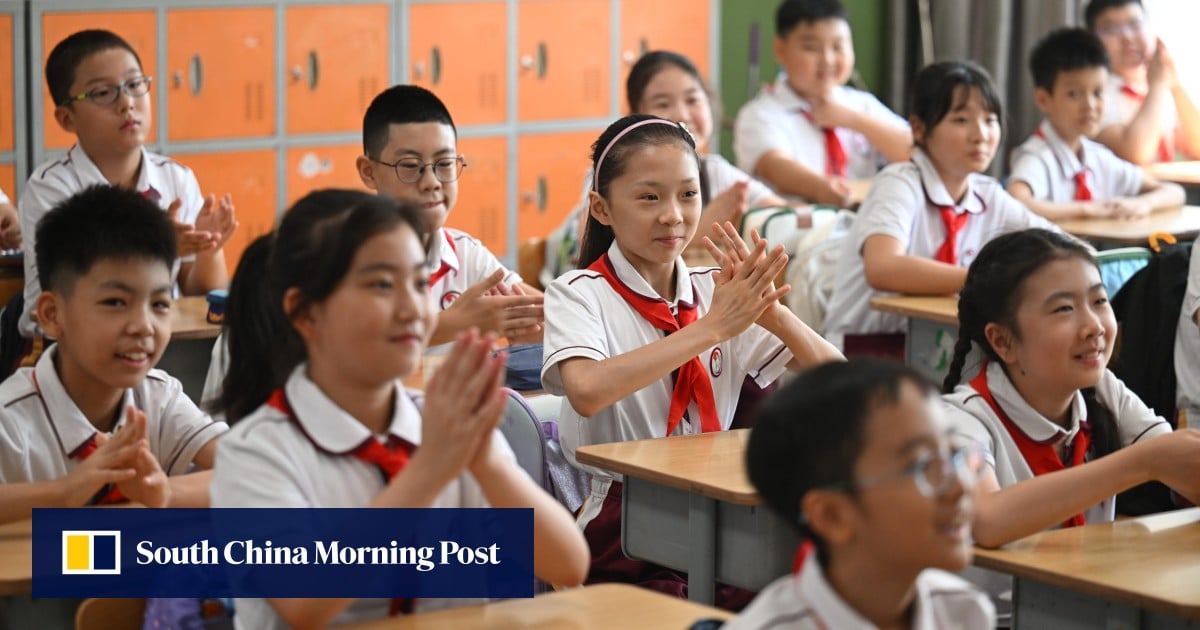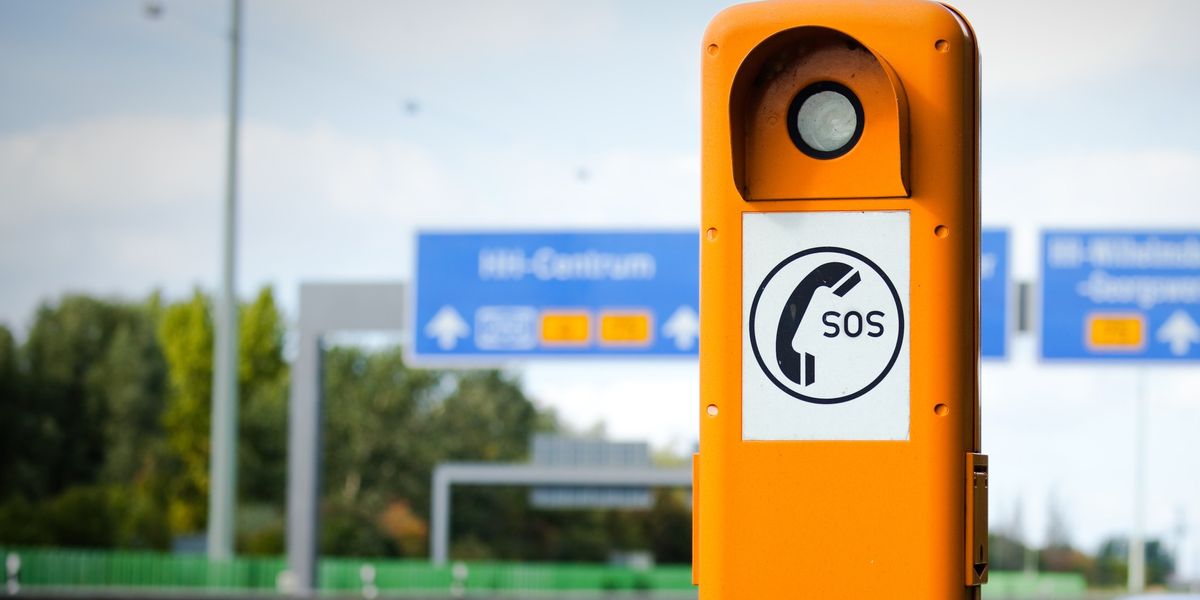NEW DELHI – Rukhsana (not her real name) fled the threat of sexual violence and even death from Buthidaung, a town in Myanmar’s Rakhine state, in 2013. Along with her family, the 21-year-old Rohingya refugee crossed over into India’s West Bengal state from Bangladesh, before finally arriving in Delhi.
“We didn’t have India or Bangladesh in mind. We just wanted to save our lives, so we followed those fleeing,” she said.
Since then, Rukshana, like thousands of other Rohingya who also fled persecution by Buddhist extremists and genocide in Myanmar, has found safety in India. But her life here has been shadowed by the fear of being detained or, worse, deported back to Myanmar, where her community continues to be targeted.
India is home to around 40,000 Rohingya, according to the government. About 22,500, including Rukshana and her family, are registered as refugees with the UN Refugee Agency (UNHCR), but India does not recognise them as such. Instead, India considers Rohingya fleeing violence and entering its territory without permission as illegal migrants.
Since 2017, India has deported at least 16 Rohingya refugees back to Myanmar, violating the principle of non-refoulment, which bars the deportation of refugees back to places where they may face persecution.
In recent weeks, these concerns have been heightened, especially for the estimated 4,000 or so Rohingya in Delhi, who find themselves election bogeymen as campaigning heats up for the Delhi assembly elections in February 2025.
On Nov 15, Mr Vinai Kumar Saxena, the Lieutenant Governor of Delhi who is appointed federally by the President, ordered a crackdown on illegal migrants, claiming a “sudden spurt” in alleged illegal migrants trying to obtain Indian identification documents illegally in order to get on the city’s voter rolls.
Since then, the opposition Aam Aadmi Party (AAP), which governs the National Capital Territory of Delhi, has accused Prime Minister Narendra Modi’s Bharatiya Janata Party (BJP) party of “settling” Rohingya in the city and diverting resources meant for locals.
Delhi chief minister Atishi, who uses only one name, wrote to the BJP-led central government on Dec 15, reviving a controversy around a 2022 tweet by one of its ministers that there were plans to provide housing and security to the Rohingya community in the capital.
Hours after the tweet from then Housing and Urban Affairs Minister Hardeep Singh Puri, the central government countered that there was no such move and that Rohingya “illegal foreigners” in Delhi would continue to stay in settlements until they were deported. Mr Puri also then clarified that this was the “correct position”.
Anti-Rohingya sentiment has been on the rise in India, with BJP representatives in the past describing the Rohingya as “terrorists” and illegal immigrants “linked with wrong and illegal activities”.
The AAP, which has governed Delhi for over a decade and finds itself increasingly threatened by the BJP, is also now employing anti-Rohingya rhetoric to try and shore up public support ahead of the assembly elections.
The political sparring has been accompanied by a crackdown by the authorities. The Delhi Police, which functions under the BJP-led central government, has said it has identified over 1,500 suspected illegal Bangladeshi immigrants in the city since it launched a verification drive on Dec 21.
Not to be outdone, the AAP’s Delhi government asked schools on Dec 23 to prevent the enrolment of “illegal Bangladeshi migrant” children and ordered them to alert authorities if they had doubts about a student’s citizenship status. Educationists have criticised the order and said it violates India’s Right to Education Act, which guarantees free and compulsory education for children between the ages of six and 14.
Long denied citizenship by Myanmar, the Rohingya are a stateless ethnic group often described as the most persecuted minority group in the world. The Rohingya population - estimated at around 1.3 million in Myanmar before 2015 - has faced decades of discrimination and repression under successive Myanmar regimes.
In 2017, the Myanmar military killed thousands of Rohingya. Around 1 million Rohingya have since found refuge in Bangladesh, with a majority living in the Cox Bazar’s region, which hosts the world’s largest refugee camp.
Rohingya-bashing rhetoric from the two parties has worried Rukhsana. “We live here without basics such as water or electricity, yet we are being labelled as infiltrators,” she said, a solid crimson scarf wrapped around her head. “We are now scared we will also be sent to detention centres.”
Most Rohingya in Delhi live in slums without access to tertiary healthcare or higher education, eking out a living with odd jobs or daily wage work. They also remain vulnerable to arbitrary detention and imprisonment as “illegal migrants” despite being recognised as refugees by UNHCR.
Mr Sabber Kyaw Min, a 36-year-old Rohingya refugee and the founder-director of Rohingya Human Rights Initiative, a Delhi-based non-profit founded in 2017, says the recent developments have created a sense of fear among the Rohingyas, besides undermining support for them.
“If all they hear about us from the media and India’s leaders is that we are illegal, then naturally Indians are bound to think of us as criminals,” Mr Kyaw Min told The Straits Times. “The Myanmar government has left no stone unturned to spread hate against us. If you (India and its leaders) do the same, then what difference is there between you and them?”
India is not a signatory to the 1951 Refugee Convention or its 1967 Protocol, which outline refugees’ rights and standards of treatment for their protection. This has led to an ad-hoc policy that treats each refugee group differently based on India’s changing political and diplomatic interests.
For instance, while Tibetans and Sri Lankan Tamils have been largely welcomed and granted refugee certificates or long-term visas by the Indian government, Rohingya remain marginalised.
Unlike other refugee communities, the migration of Rohingyas and Muslims from adjoining Bangladesh into India has long been a hot-button issue because of concerns that their numbers would change India’s demographics. It is a fear that the BJP has often played up during elections, including in the Jharkhand state elections, which it lost in November.
Ms Priyali Sur, the founder and executive director of The Azadi Project, a Delhi-based non-profit that works with refugee and marginalised women, described the Rohingya community in India as a “scapegoat population” that is used for “political mileage”.
“They are described as anti-nationals, labelled a threat to national security and all of this comes up particularly around the election period,” she told ST.
Ms Sur co-authored a report with Refugees International, an independent humanitarian organisation based in the US, on Rohingya refugees in India that was released in November. Drawing from interviews conducted, the report details “gross violations of constitutional and human rights” in India’s detention of Rohingya.
This includes refugees still detained after their sentences are over, older children being forcefully separated from their parents, children living in detention centres with no access to formal schooling or playgrounds and spouses not being allowed to spend time together.
“With the GoI (Government of India) and authorities treating Rohingya as “illegal immigrants,” no one is accountable for what happens to them inside a detention centre, be it while they are alive or in death,” the report said.
In September, the UNHCR told Reuters that 676 Rohingya refugees were being held in detention centres across India, with 608 of them having no ongoing court cases or sentences pending. Almost half of those detained are women and children, according to The Azadi Project and Refugees International.
Their report urges the government to immediately release the most vulnerable Rohingya detainees and end the arbitrary detention of more Rohingyas, besides introducing a comprehensive refugee and asylum legislation with a uniform protocol for the humane treatment of all refugees.
“All refugees, irrespective of their ethnicity, religion or origin, must be given the same treatment,” said Ms Sur. “A Tibetan refugee should not be treated differently from a Rohingya refugee or a Rohingya refugee should not be treated differently from an Afghan refugee. They should all have access to the same kind of social safety net.”
Rather than “revictimising a population that has survived genocide”, the report also calls on the Indian government to create alternatives to detention such as community-based living with regular check-ins, supported by UNHCR and local civil society organisations, something that would allow Rohingya refugees to access education and livelihood opportunities, while their legal status is decided.
“You have to build their capacity so they can give back to the community,” added Ms Sur, “but you don’t want to do that because political parties want to continue their rhetoric of saying that they are taking away from the community.”
- Debarshi Dasgupta is The Straits Times’ India Correspondent, covering the country as well as other parts of South Asia for the paper.
Join ST's Telegram channel and get the latest breaking news delivered to you.

 By The Straits Times | Created at 2024-12-29 06:18:48 | Updated at 2025-01-01 01:16:30
2 days ago
By The Straits Times | Created at 2024-12-29 06:18:48 | Updated at 2025-01-01 01:16:30
2 days ago








